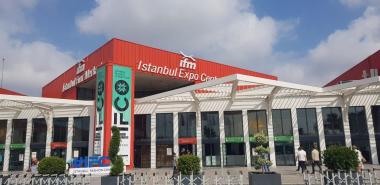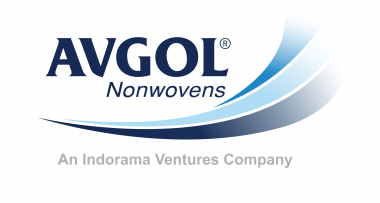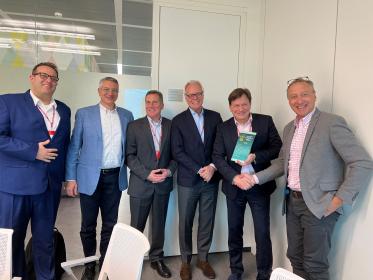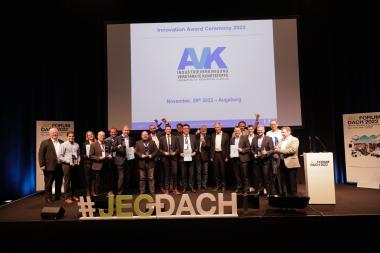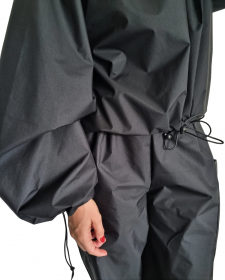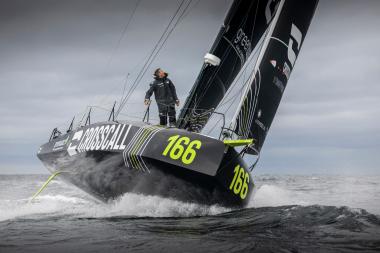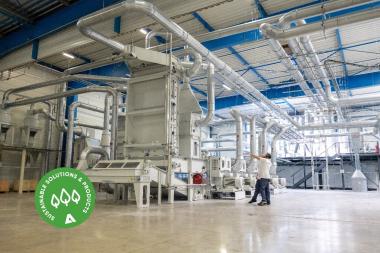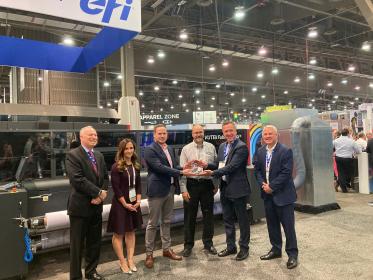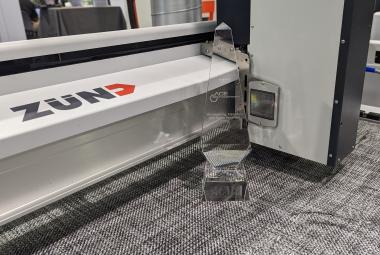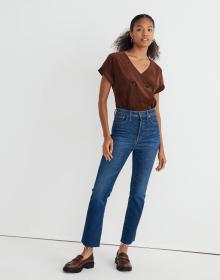Istanbul Fashion Connection (IFCO) fully booked
IFCO, Istanbul Fashion Connection taking place from February 8th to 11th, 2023 is fully booked. Over 600 exhibitors present themselves on 45,000 square meters in the Istanbul Exhibition Center and will be giving an overview of the new collections in the areas of womenswear, menswear, kidswear, denim, sportswear, night dresses, wedding dresses, lingerie, socks, leather and furs in 9 halls.
The CORE İSTANBUL, the new designer space at IFCO, will showcase the latest creations from Istanbul Fashion Week designers, such as Arzu Karpol, Aslı Filinta, Ceren Ocak, Gül Ağış, Çiğdem Akın etc. At IFCO Brands market leaders such as İpekyol, Damat, Kiğılı, Altınyıldız, B&G Store, Lufian, Jakamen or Tudors fly the flag and use the trade fair as a platform to expand their international customer network. LinExpo, a separate platform for lingerie and hosiery at IFCO, presents 140 manufacturers and FashionIST offers a wide range of wedding dresses, evening wear and suits, over 100 brands are shown here.
IFCO Sourcing offers the opportunity to network with manufacturing companies such as Talu, Zevigas, Bozkurt, Bilce Tekstil, Gelişim, Karar, Akademi, Bozpaor Demezoğlu. These international manufacturers provide insight into their performance profile in terms of production, delivery times, etc.
The manufacturing sector is an important branch of the economy for the industry, over 80% of the companies in Türkiye are active in this sector. Many competitive advantages result from production in Türkiye, such as short delivery times, the possibility of small minimum order quantities, high production quality, young and well-trained employees. However, Türkiye also has a lively and creative design scene and high-quality fashion brands that are redefining the image of "Made in Türkiye". IFCO brings these brands to the stage and puts the Turkish fashion world in a new light.
The program offers seminars and lectures. The special focus is on the topic of sustainability, which is curated by Ekoteks Laboratorium, the association's sustainability institute. Accademia de la Moda and WGSN give latest trend information. Up to ten shows will take place on the catwalk in the Fashion Show Center, including presentations showcasing their latest collections.
In combination with Texhibition, the trade fair for fabrics, trimmings and yarns, which takes place from March 8th to 10th, 2023 in the Istanbul Exhibition Center, ITKIB / IHKIB offers with IFCO the complete offer for the international textile industry and trade.
Jandali/IFCO


